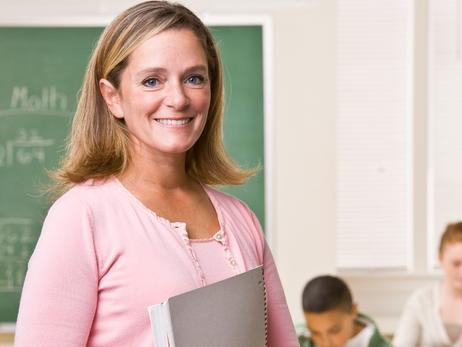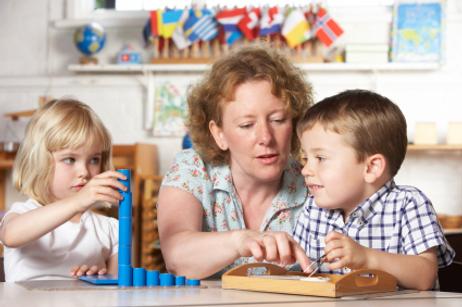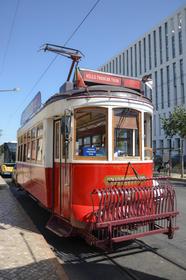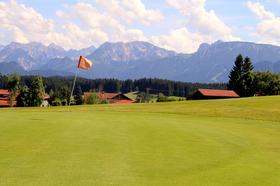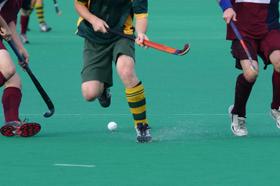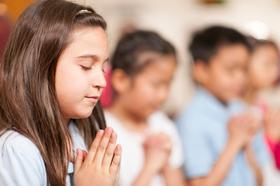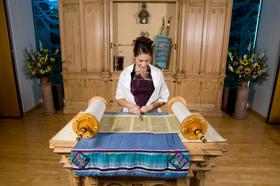Have you ever thought about starting your own private school? There are a couple of reasons why you might be pondering a large scale project such as starting a private school. Perhaps you are discouraged by the lack of education options in your area and want to do something about it. Maybe you have a vision and philosophy of education which is ahead of the curve. Rudolf Steiner and Maria Montessori are examples of educators who established entire movements based on their teachings and philosophies. Or perhaps no school in your area is doing what you know and feel strongly is necessary and beneficial for young people. Many determined people have established private schools because they want to be able to include religious instruction in their curricula. These are just a few of the reasons why private schools get their start.
Separation of Church and State
Historically this has been one of the major reasons why private schools were established. Public schools legally cannot teach faith-based religion. So if you are a devout follower of your religion, you will probably want your children to have a thorough grounding in their faith. That's why 22,731 private schools are affiliated with a religion according to the data available from the Private School Universe Survey of the National Center for Educational Statistics. To put that number of schools in context the PSS shows that there were 33,366 private schools in the United States. Based on those statistics religious private

